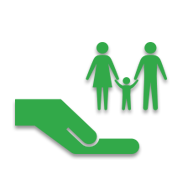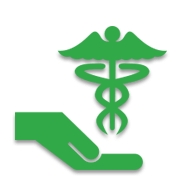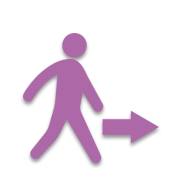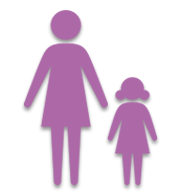-
AGENDA FOR HUMANITY
PLATFORM FOR ACTION, COMMITMENTS AND TRANSFORMATIONS
This site is inactive as of February 2020. The content is preserved for purposes of reference and research.
An Agenda for Action and Change
The Agenda for Humanity sets out five major areas for action and change, the 5 Core Responsibilities, that are needed to address and reduce humanitarian need, risk and vulnerability, and 24 key transformations that will help achieve them. Learn more by clicking on the icons below.
Key Resources
The Report of the Secretary-General on the outcomes of the World Humanitarian Summit (A/71/353) invited stakeholders who made commitments to implement the Agenda for Humanity to provide an annual self-report. The United Nations Office for the Coordination of Humanitarian Affairs (OCHA) analysed these self-reports to identify trends in collective progress and challenges. The results were published yearly in an Annual Synthesis Report. In this section, you will find these annual reports as well as thematic reports by partners, which analyze specific topics and/or transformations, providing an overview of progress while identifying challenges hindering effective humanitarian action. The self-reporting process concluded in 2019, three years after the World Humanitarian Summit.
In 2019, OCHA also produced a set of data visualizations. Through these visualizations, users can explore reporting trends by transformation and stakeholders as well as challenges and cross-cutting issues, for 2019 and previous years.
World Humanitarian Summit
The World Humanitarian Summit (WHS) took place in Istanbul, Turkey, in May 2016. It brought together some 9,000 participants representing 180 Member States, over 700 local and international NGOs, the private sector and other stakeholders. The Summit mobilized support and action for the Agenda for Humanity, and catalyzed major changes in the way we address humanitarian need, risk and vulnerability.
At the Summit, stakeholders made more than 3,500 commitments to support the implementation of the Agenda for Humanity, and launched dozens of initiatives and partnerships on issues including disabilities, gender, innovation, localization, humanitarian-development collaboration, education in emergencies and youth to help deliver the changes needed.









